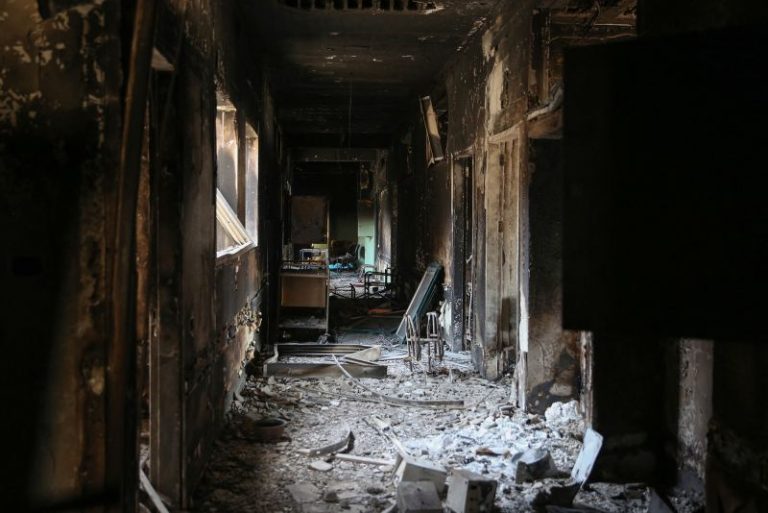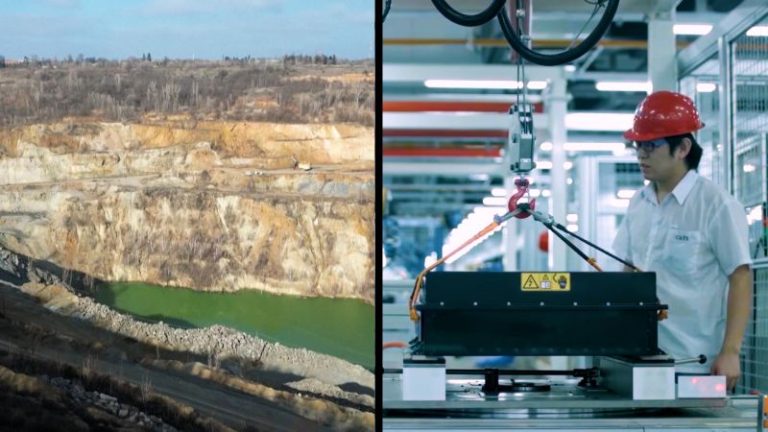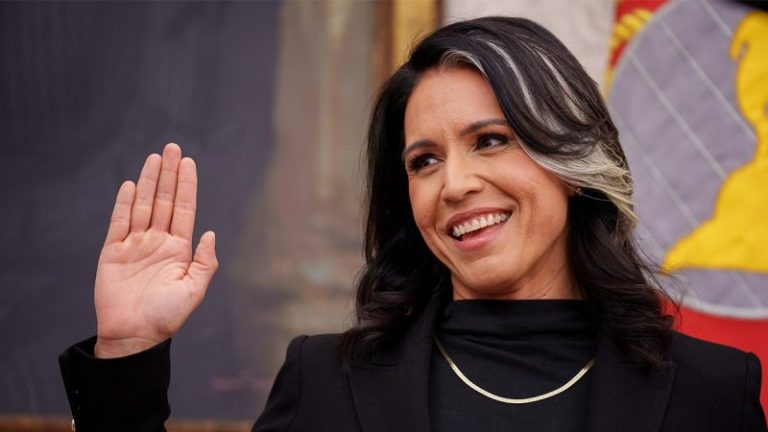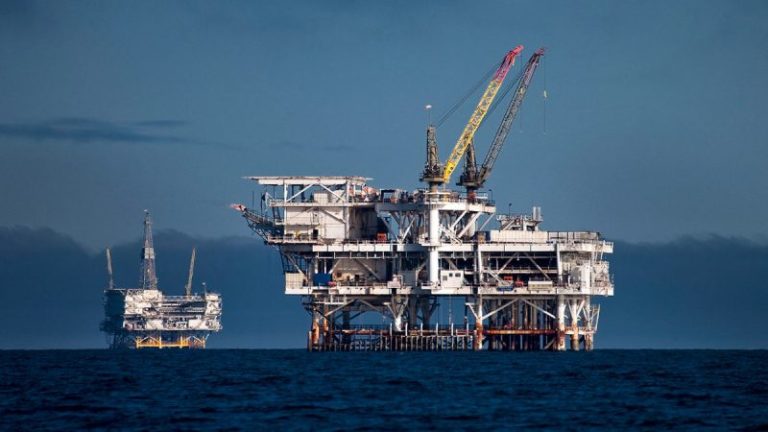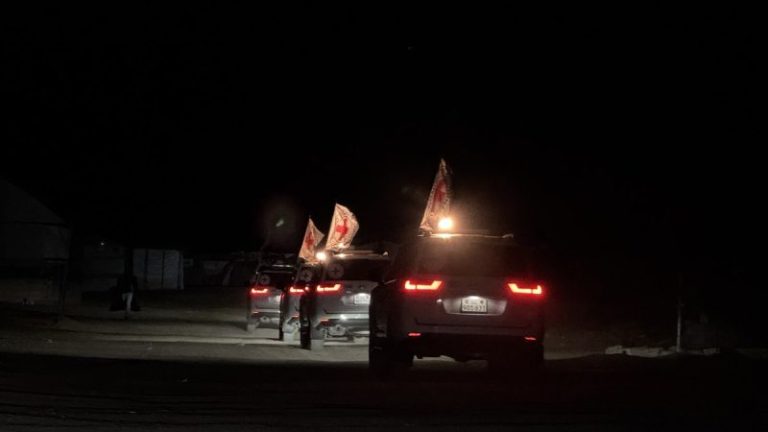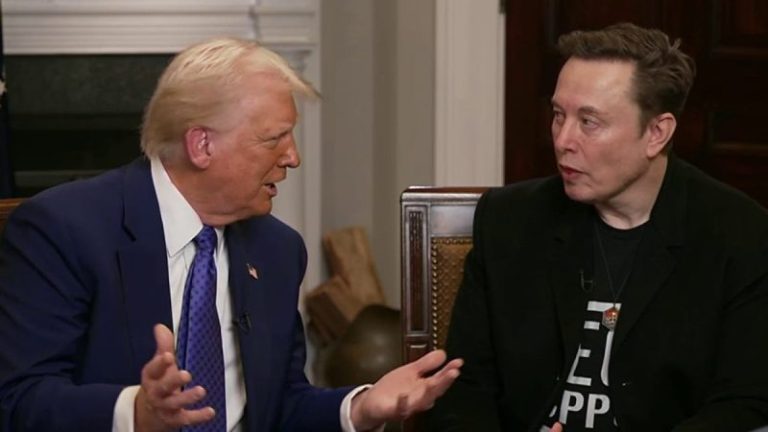Editor’s Note: This story contains graphic descriptions of violence and abuse.
Israel has systematically targeted Palestinian healthcare workers in Gaza, arbitrarily detaining them without charge or access to legal counsel, and submitting them to torture and abuse, according to a new report by Physicians for Human Rights Israel (PHRI).
Between July and December, lawyers working with the Israeli nonprofit group said they visited over two dozen Palestinian medical workers, including physicians, nurses and paramedics, aged between at least 21 and 69, who had spent more than six months in isolation after having been seized by Israeli forces.
In the 21-page report released Wednesday, PHRI said that the testimonies from healthcare personnel indicate that their arrests were primarily used by Israel to gather intelligence rather than investigate their alleged involvement in armed conflict or link them to criminal activity.
“This suggests a systemic policy that violates human rights and, more broadly, indicates that such arrests are arbitrary and unlawful under international legal standards,” PHRI said.
The heathcare professionals interviewed by PHRI were held in several facilities run by the Israeli military and the Israel Prison Service (IPS), including Sde Teiman, Ktzi’ot Prison and Nafha Prison, in southern Israel, Petah Tikva in central Israel and Ofer Prison, in the Israeli-occupied West Bank.
Their testimonies suggest detainees were subjected to dehumanizing, near-daily abuse, the group said. Healthcare workers have alleged they experienced sexual abuse, beatings, dog attacks, starvation, sensory overload and had boiling water poured on them.
The Israeli military held more than 250 health workers in Gaza by September, according to Healthcare Workers Watch Palestine, which has been collecting information about medical professionals working in the strip since the war started on October 7, 2023. Over 180 remain in detention, PHRI said.
PHRI called for the immediate release of all detained medical personnel and “guarantees that the fundamental rights and protections of medical workers are upheld.”
In its report, PHRI said that the testimonies it gathered suggested medical workers were heavily targeted for their profession and their detention had destructive consequences for Gaza’s healthcare system. More than 15 months of Israeli bombing following the October 2023 Hamas-led attacks on Israel has decimated Gaza’s medical system and killed more than 1,000 health workers, according to the United Nations and the Ministry of Health in the Palestinian enclave.
Many of the healthcare workers said they were interrogated about Israeli hostages, tunnels, weapons, hospitals and Hamas’ activity – some for up to 12 hours and while being beaten or hung from the ceiling. Others told PHRI they were asked about fellow physicians.
Israel says that Hamas has operated inside and underneath hospitals, and used them for its military operations, including as command centers, weapons stores and to hide hostages. Hamas has repeatedly denied the claims.
Palestinians from Gaza are held in Israel under the Unlawful Combatants law, enacted in 2002, which allows authorities to “detain Palestinians from Gaza en masse without charge or trial,” according to Amnesty International. Rights groups and the UN Human Rights Office say their detention for extended periods without charge, access to lawyers or contact with families violates international law.
The Israeli military says this practice is permitted under the Geneva Conventions, which govern the conduct of war, and allow the detention of civilians for security reasons.
Twenty out of the 24 medical staff interviewed were arrested while carrying out their duties, including at hospitals, PHRI said, accusing Israel of breaching their right to “perform life-saving tasks.” The remaining four were detained at their homes, in displacement camps, or at checkpoints.
Upon their arrest, medical workers told PHRI they were stripped naked, handcuffed, blindfolded, forced to prostrate, and detained for hours to days.
“At every stage, we endured beatings and severe violence — batons, dog attacks, and boiling water poured on us, causing severe burns,” said Dr. N.T., 49, head of surgery at Nasser Hospital, southern Gaza, who was arrested in February 2024 and taken to Sde Teiman, Ofer and Ktzi’ot prisons.
Dr. K.J., a dentist arrested in March by Israeli forces at Gaza City’s Al-Shifa Hospital, where he had sought shelter with his family, said he and other captives were beaten while inside a bus on their way to Sde Teiman. “We were punched, kicked, and hit in the testicles and all over our bodies,” he told PHRI.
Several medics held at Sde Teiman described similar conditions to PHRI, including that soldiers allowed dogs to urinate and defecate on prisoners, and oversaw sexual and psychological torture.
Dr Khaled Alser, a 32-year-old surgeon detained from Nasser Hospital in March, said that he personally examined fellow detainees after they were sexually abused, “including the insertion of batons or electric rods into the buttocks.” PHRI said that Alser was released after seven months in detention without charge.
Other detainees who spoke with PHRI described a method of abuse used in interrogations referred to as the “Disco Room.” Three Palestinians health workers said they were held in a space with bright lights and loud music to sensorily overload them before being bombarded with questions like: “Where are the hostages,” or “Where are the tunnel entrances.”
Guards escalated the brutality of their beatings in the Islamic holy month of Ramadan, several eyewitnesses told PHRI.
PHRI said that Palestinian health workers also described “pervasive medical neglect” in incarceration, where they said Israeli authorities starved detainees, restricted access to showers, and ignored requests for drugs.
One nurse said they had lost more than 25 kilograms over 11 months in detention.
One doctor told PHRI they attempted to care for their fellow detainees by improvising surgeries using pieces of plastic disinfected with bleach. In other cases, they said they witnessed limbs being amputated, while others died from their injuries.
An orthopedic specialist said he tried to appeal to an Israeli doctor’s collegial solidarity, only to be slapped and called a “terrorist.”
Meanwhile, PHRI said that some prisoners they interviewed were flatly denied legal representation, forced to sign testimony documents in Hebrew, or denied access to evidence of alleged crimes and “credible, translated” testimony in their native language. Others were given truncated court hearings without a lawyer present, the organization said. A handful of medics said they were told they would be held in detention, even though there was no indictment against them.
A surgeon detained in Ofer Prison told PHRI he had a court hearing on the sixtieth day of his detention in April. “I was left waiting in the sun for eight hours, during which soldiers beat me, threw stones at me, and spat on me,” said a 42-year-old surgeon listed in the report as Dr. A.M., who PHRI says was arrested at Nasser Hospital, southern Gaza.
“At the hearing, they stated, ‘There is no indictment against you, but you will remain in detention until the war is over,’” he said.
This post appeared first on cnn.com


